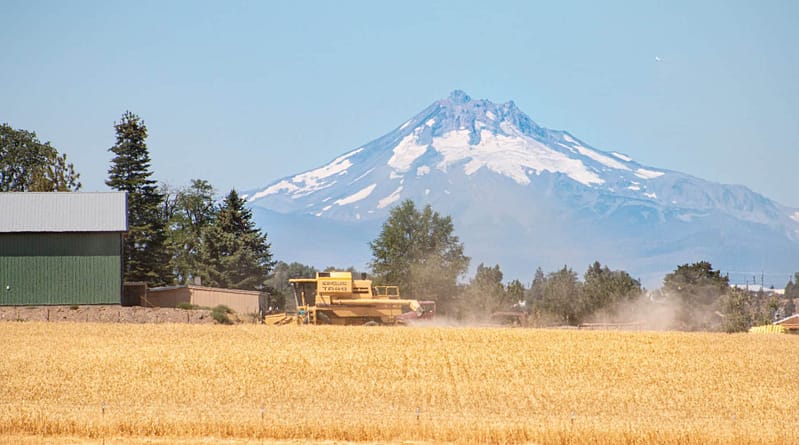However, with higher estate exemption amounts, income taxes on a potential sale of your farm could be your highest tax.
The top gift and estate tax rate is 40%. The American Taxpayer Relief Act of 2012 (ATRA) also permanently sets the gift and estate tax exemption at an annually inflation-adjusted $5 million. For 2017, it’s $5.49 million. As a farmer, you can transfer up to that amount tax-free to your heirs while you’re alive and bequeath any remaining exemption tax-free upon your death.
The same tax rate and exemption amount apply to the generation-skipping transfer (GST) tax. Generally, this tax is assessed — in addition to the gift or estate tax — on transfers to grandchildren and others more than one generation below you.
The annual gift exclusion remains unchanged at $14,000 per donor and recipient in 2017. This means a married couple can gift up to $56,000 to their son and daughter-in-law ($28,000 combined times two recipients) tax-free without using up any of their gift and estate tax exemption.
But what if your family does not want to continue farming? There is now a trade-off between estate taxes reduced by gifting or the potential income taxes on the eventual sale of the farm. Assets gifted before death do not receive a higher tax basis on your passing. Assets held until death do receive a new, higher tax basis equal to the fair market value, thus reducing the capital gains tax on a potential sale. If your family does not plan on continuing farming, a comparison of the potential estate taxes and income taxes should be prepared as part of your overall estate planning.


